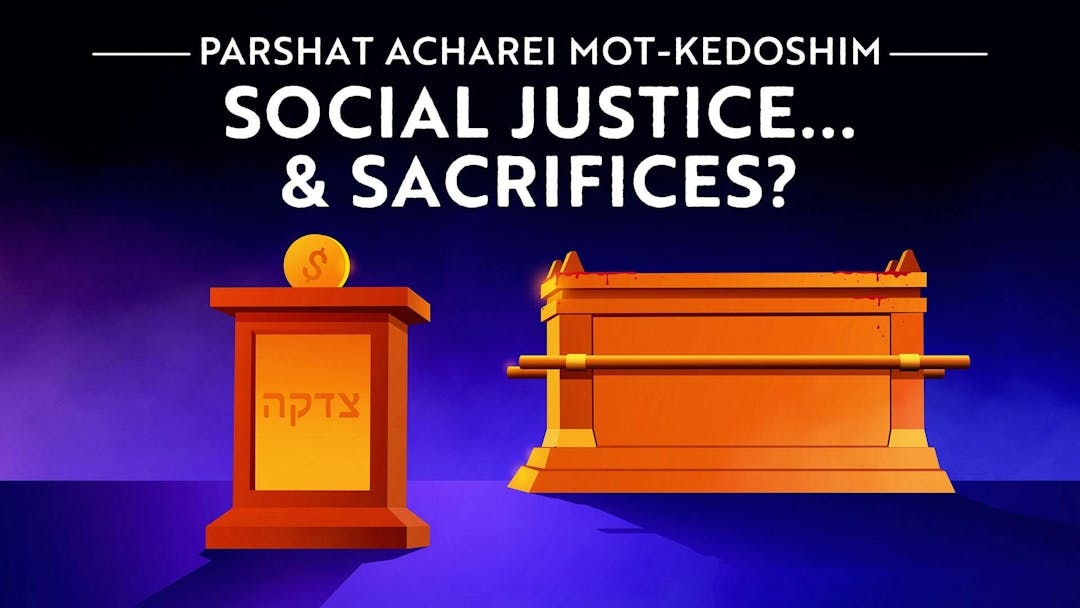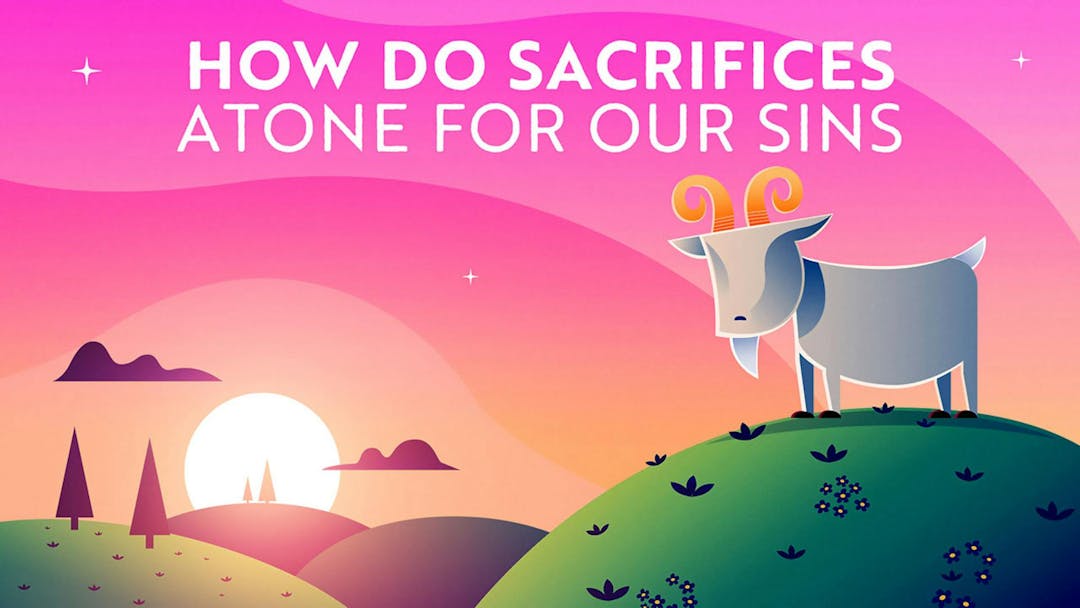Start your free trial today to unlock the full library and enjoy unlimited and uninterrupted access.
Get StartedHow Can We Achieve Holiness?
Kedusha: What Is Holiness According To The Bible
In Parshat Kedoshim, God makes a pretty ambitious ask of us to be 'Kadosh': Be holy (kadosh) – because I, God, am holy. Just how are we supposed to go about doing that, exactly? Should we wear flowy robes and meditate all day on mountaintops? Should we give away all of our belongings and build an orphanage in an impoverished part of the world?
If you keep reading in Parshat Kedoshim, God answers our question by providing a looooong list of commands, as if to say: Here’s how you be holy before God.” Except…. if this list is supposed to give us a Biblical definition of holiness, much of it is far from what you would expect. Don’t lie, don’t cheat – that makes sense. Care for the poor, pursue social justice – that also makes sense. But how about:
“Don’t plant two different kinds of seeds in your field”
“Don’t eat a sacrifice on the third day”
Say what? What’s holy about that? This is how we're supposed to obey the command, Be holy as God is holy"?
So maybe our understanding of “holiness” – Kedusha – needs a little tweaking. Maybe it’s not what we think it means. And maybe there’s some new meaning of “holiness,” some new understanding of what holiness is according to the Bible, one which ties all of these laws together, that explains what is so unconscionable about mixing seeds and eating old sacrifices.
We’ve got that “maybe” for you. Check it out now to see what it means to be holy like God and how to personally achieve Kedusha.
Dig Deeper:
The three basic separations of creation: time, space and energy – click here. (This two-part video series on Parshat Terumah and Tetzaveh opens with a discussion of the Mishkan, but stick with it.)
For an even-more in-depth overview of these ideas (for Premium users only), click here.
Want to watch the full video for free?
Enter your email and we’ll send you a link to watch the full series free.
What is Aleph Beta?
Aleph Beta is a unique kind of Torah library. Led by our founder, Rabbi David Fohrman, we are dedicated to high-level, textual Torah learning for adults that is intellectually and spiritually sophisticated, that enlivens your Jewish practice and helps you forge a deeper connection to God. Whether you’ve been learning in yeshiva for years or you’re just beginning your Torah journey, you’re sure to find something meaningful and surprising waiting for you here.
Browse our library of over 1,000 beautifully produced animated videos, podcasts, deep dive courses, and printable guides. Topics include the weekly parsha, Jewish holidays & fast days, laws & mitzvot, prayers, relationships, big philosophical ideas and more. Have something to say at the Shabbos table that will amaze your family and guests and bring deep meaning into their lives.










